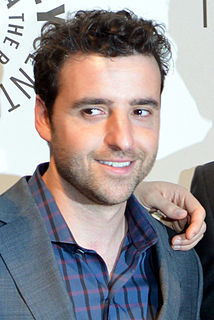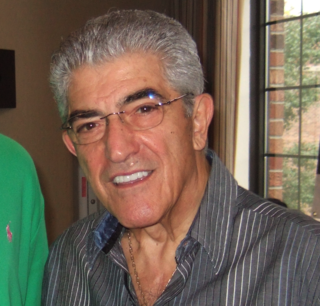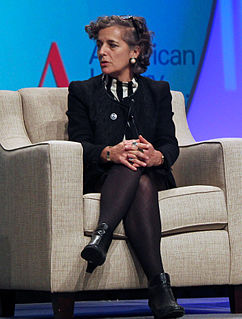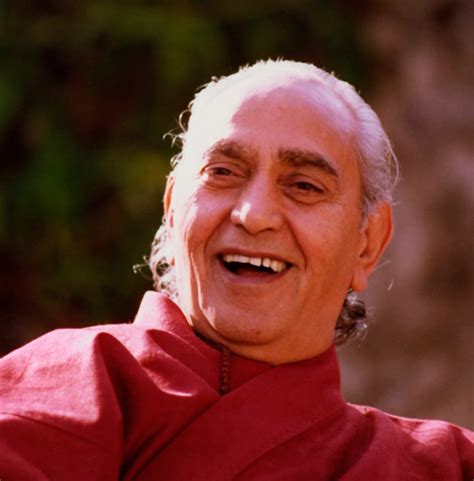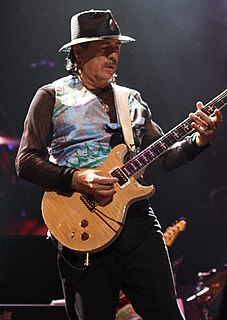A Quote by Olga Kurylenko
On a Terrence Malick set, your thoughts are his voice. You think you're thinking, but actually he's thinking for you. He speaks to you, and he's the voice in your mind.
Related Quotes
In fact, one of the funny stories from that set [of Hail, Caesar!] is we were shooting my scene, and around lunchtime, Terrence Malick shows up on set. He was uninvited and no one knew who he was. But I knew, just looking at him. I was like, "Holy moley, that's Terrence Malick!" So I went and told the PA, "Hey, Terrence Malick is here, and I think he wants to see the Coen brothers. He wants to talk to Joel and Ethan." He just showed up unannounced, uninvited, and I guess they spent their lunch hour with him.
When you recognize that there is a voice in your head that pretends to be you and never stops speaking, you are awakening out of your unconscious identification with the stream of thinking. When you notice that voice, you realize that who you are is not the voice - the thinker - but the one who is aware of it.
There is an incredible power & intelligence witin you that is constantly responding to your thoughts and words. As you learn to control your mind by the conscious choice of thoughts, you align yourself with this power. Do not think that your mind is in control. You are in control of your mind. You use your mind. You can stop thinking those old thoughts.
The only way you can find it is through being alone with your thoughts at sufficiently long intervals to give that inner voice within you a chance to cry out in distinguishable language for you. 'Here I am within you.' That is the silent voice, the voice of nature, which speaks to everyone who will listen.
I went to drama school in England, and you spend your first year working on the muscles surrounding the vocal mechanisms. You learn how you support it and create characters through your voice so that became an obsession. So I went to Hollywood thinking, 'Oh, I'm going to be one of the great voice-over artists.'
In the egoic state, your sense of self, your identity, is derived from your thinking mind - in other words, what your mind tells you about yourself: the storyline of you, the memories, the expectations, all the thoughts that go through your head continuously and the emotions that reflect those thoughts. All those things make up your sense of self.
I know what I as an editor respond to is a voice. A voice is not just a stylistic thing, but it means someone who really has something to say. I think a lot of what I get from books - whether they be books of comics or books of literature - is a window into somebody's mind and their way of thinking. Somehow, I can recognize some of my feelings in seeing somebody who is actually expressing their own inner reality.
Beneath the surface level of conditioned thinking in every one of us there is a single living spirit. The still small voice whispering to me in the depths of my consciousness is saying exactly the same thing as the voice whispering to you in your consciousness. 'I want an earth that is healthy, a world at peace, and a heart filled with love.' It doesn't matter if your skin is brown or white or black, or whether you speak English, Japanese, or Malayalam - the voice, says the Gita, is the same in every creature, and it comes from your true self.
The secret to freedom is to realize that you don’t have to believe your mind. You don’t have to believe your story. You don’t have to believe that voice in your head. You don’t have to believe your own thinking. You can simply observe it and say, “Thank you for sharing,” and then take the necessary action you’re scared to take anyway.
My reality is that God speaks to you every day. There's an inner voice, and when you hear it, you get a little tingle in your medulla oblongata at the back of your neck, a little shiver, and at two o'clock in the morning, everything's really quiet and you meditate and you got the candles, you got the incense and you've been chanting, and all of a sudden you hear this voice: Write this down. It is just an inner voice, and you trust it. That voice will never take you to the desert.

